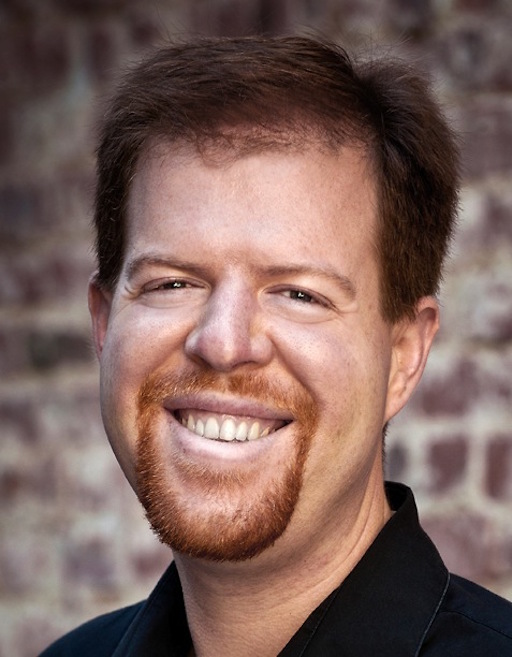
Tiny Interview:
Jim Pugh, co-founder of the the Universal Income Project
Profile edited by Michael J. Coren
Photo courtesy of Universal Income Project
Last update: October 21, 2019
Jim Pugh co-founded the Universal Income Project, a nonprofit devoted to the expansion of economic security and human dignity through the implementation of a universal basic income in America. He is also the founder and CEO of ShareProgress, a social-good startup that helps progressive organizations use the power of data and technology to grow their base and win their campaigns.
Jim previously served as the Director of Analytics and Development for President Obama’s Organizing for America (OFA), and was the founding Chief Technology Officer at Rebuild the Dream. He has a Ph.D. in distributed robotics from the Swiss Federal Institute of Technology in Lausanne, Switzerland.
"My dream is for the United States to transform the broken and exclusionary societal systems we have today to create a liberation society — establishing a new social contract that enables every single person in the nation to reach the top of Maslow's Hierarchy of Needs.”
Hey Jim. What are some of your own favorite past projects? Why do you feel great about them?
My favorite past projects are two events I helped to organize in connection with my work on universal basic income. The first was in 2015, when some colleagues and I decided to organize a Basic Income "Create-a-thon" in San Francisco.
The Create-a-thon was modeled after a hackathon, but we encouraged non-technologists creators — writers, artists, musicians, filmmakers — to also participate in co-creating and launching projects around the theme of universal basic income. We ended up convening over 60 participants for the weekend-long event, and projects varied from documentary films to policy papers to crowdfunded basic income pilot projects to software for launching your own basic income program with friends. This event helped to catalyze the growing movement for universal basic income (UBI) in the United States, and some of the projects that were started there are still continuing to this day.
The second event was the 2017 California Solidarity Conference, for which I was the lead organizer. This conference brought together activists and political leaders from across the state to build solidarity across issue areas and discuss how to lay the groundwork for long-term systemic change in California and beyond. In particular, we focused on how to connect the urgent resistance work that's happening today with the ultimate goal of a bold progressive vision of the future. Over 200 people representing more than 40 organizations from across the state attended the conference, resulting in new connections, ideas for political initiatives, and alignment on where we're aiming to go as a state.
What is a cultural phenomenon, experiment, or moment that has inspired you in the past?
One of the most inspirational moments for me in recent history was the election of Alexandria Ocasio-Cortez to the US Congress. While I find Rep. Ocasio-Cortez very impressive in her own right, I think it's hard to overstate the significance of her victory: a political-outsider bartender with a "radical" ideology was able to unseat one of the most powerful members of Congress. It can often feel like our political systems are corrupted and dysfunctional beyond saving, but Ocasio-Cortez's victory demonstrated to me that we need to reassess our beliefs on what's possible in the world today — and by implication, be bolder in pushing for the change we want to see.
What’s your biggest, most out-there dream of a better world?
My dream is for the United States to transform the broken and exclusionary societal systems we have today to create a liberation society — establishing a new social contract that enables every single person in the nation to reach the top of Maslow's Hierarchy of Needs. Our country already has sufficient wealth to ensure that everyone has the material resources to meet their basic needs and live in safety, and we're continually deepening our understanding of what it means to truly belong in our communities and pursue meaningful purpose in life. The only thing that preventing us from building this future is summoning the social and political will to make it happen.
Transparency Notes
This profile was edited by Michael J. Coren. Michael is a journalist focused on business, technology, and science — especially climate science — living in San Francisco. More about him at his NewMo profile
